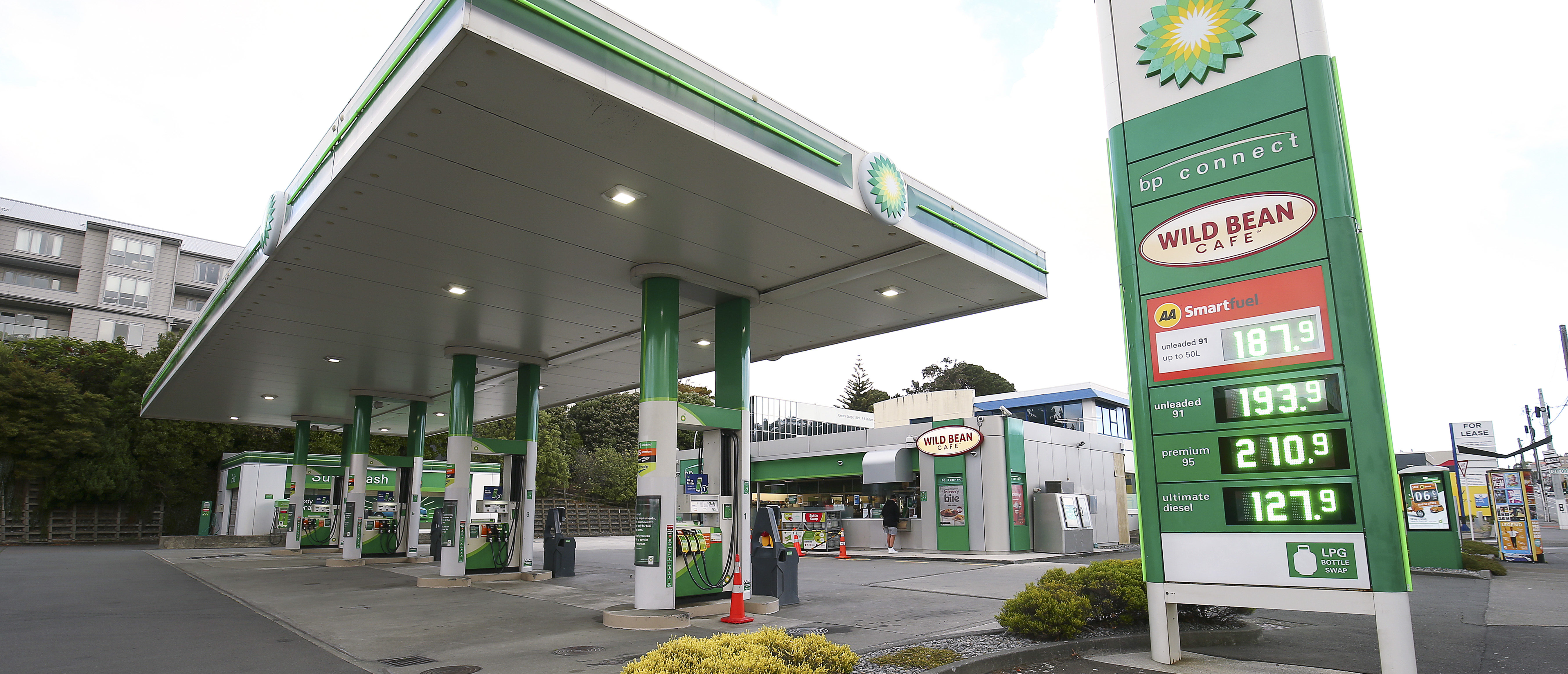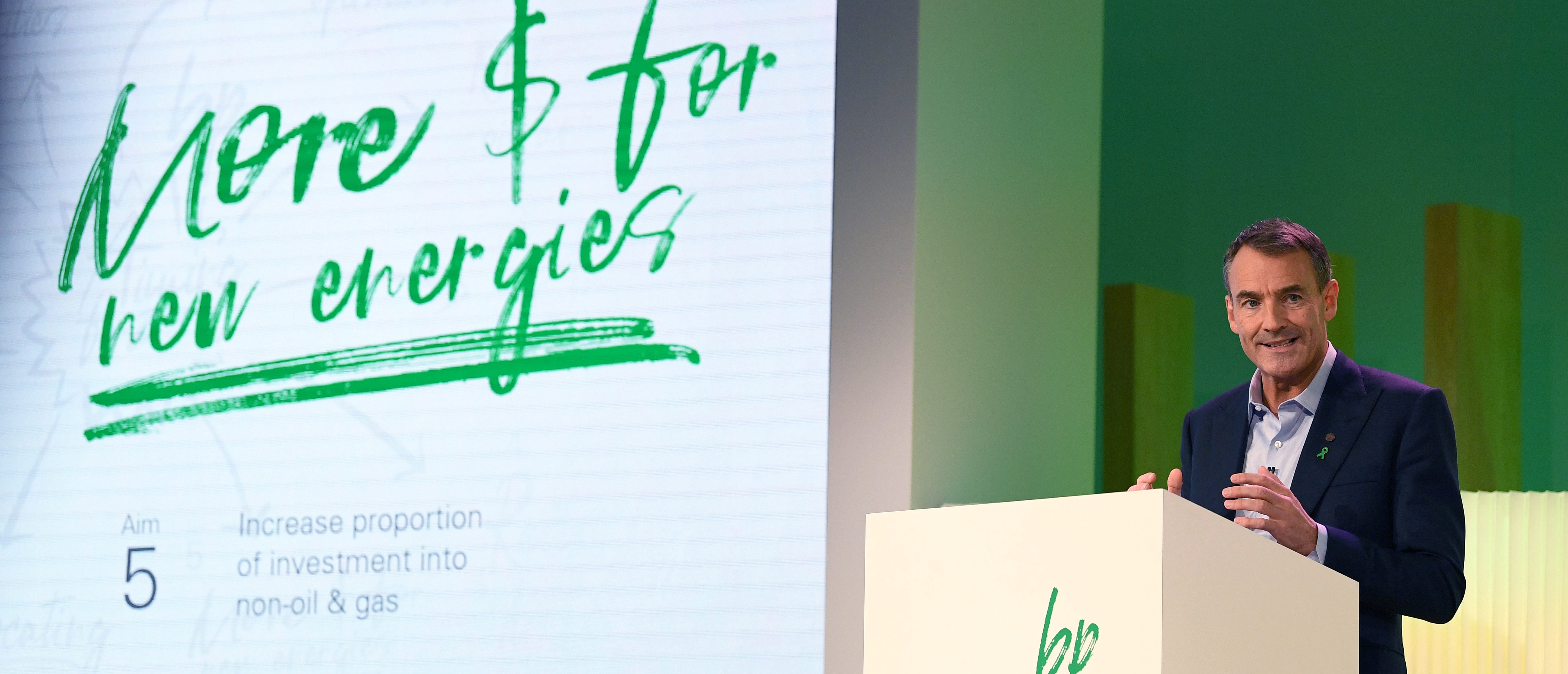Oil and gas giant BP announced Monday that it will cut 10,000 jobs from its global workforce, citing the negative impact of the coronavirus pandemic on the energy industry.
In an email sent to BP staff, CEO Bernard Looney said that the company’s net debt rose $6 billion in the first quarter of 2020, and that the layoffs would mainly affect senior level employees in office-based roles. Looney also pledged to bring down capital expenditure by 25% and trim the roughly $22 billion spent annually on operational costs, the Associated Press reported.
The energy industry has been hit hard by the coronavirus pandemic as demand for fuel and other resources dipped amid lockdowns and limits on business, travel and daily life. Since the beginning of the year, oil prices have dropped more than 90% partially because of the coronavirus, and the price of US crude oil even fell below $0 in April.

A BP gas station in New Zealand depicts low consumer prices for oil caused by a decline in demand in 2020 (Hagen Hopkins/Getty Images)
Because of the combination of unprecedented low oil prices, economic lockdowns and the pandemic, oil companies have reported huge losses this year. Energy analysts also worry that an economic downturn could cripple energy markets in the long-term.
Warwick University professor David Elmes, who is a leading expert on energy issues, stated that BP’s decision reflects wider challenges facing the energy industry as companies take on debt to finance operations in a time of greater capital constraint. (RELATED: China Poised To Buy Up Texas Oil Amid Coronavirus Slump)
European-based energy firms in particular have also announced plans to diversify their economic activities and gradually shift away from oil and gas, indicating that layoffs and corporate restructuring may become more likely in the future. “If this situation continues, there will be intense discussions about what can they do to move faster,” Elmes said.
Looney added that the decision to cut 15% of its workforce is also motivated by BP’s plan to transition to renewable energy, and a BP spokesman further stated that the coronavirus has only accelerated this plan, Reuters reported. BP aims to become a net-zero company by 2050, which would require eliminating 415 million tons of emissions.

BP CEO Bernard Looney talks about his plans for “net zero” carbon emissions by 2050 (Daniel Leal-Olivas/AFP via Getty Images)
This initiative would also require changing the traditional structure of the company, which has been dominated by oil and gas, and to rethink the company’s operations, including the $8 billion spent annually in “people costs.”
“It was always part of the plan to make BP a leaner, faster-moving and lower-carbon company,” Looney said in a statement posted Monday on BP’s website.


